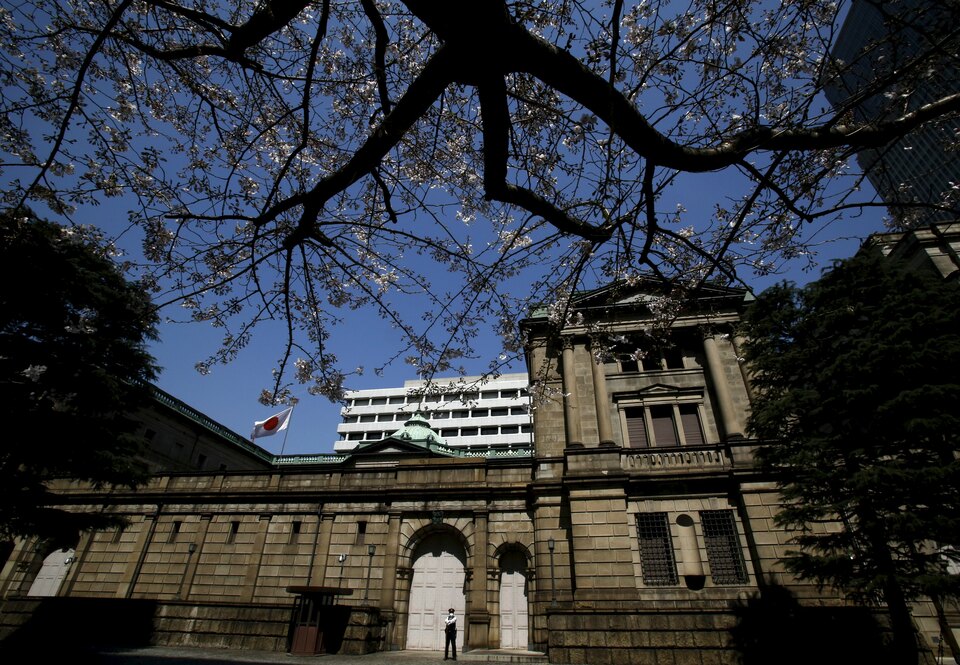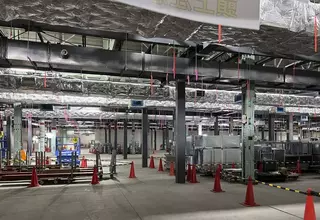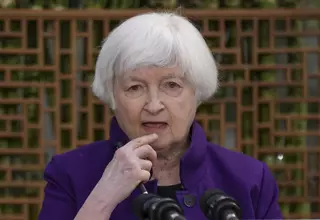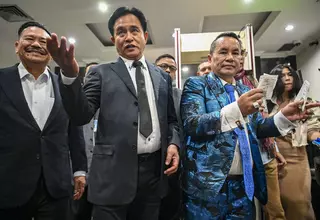BOJ Overhauls Policy Focus, Sets Target for Government Bond Yields

Tokyo. The Bank of Japan made an abrupt shift on Wednesday (21/09) to targeting interest rates on government bonds to achieve its elusive inflation target, after years of massive money printing failed to jolt the economy out of decades-long stagnation.
While the BOJ reassured markets it would continue to buy large amounts of bonds and riskier assets, the policy reboot appeared to open the door for an eventual winding down of its huge asset purchases, and tried to repair some of the damage caused by its shock move to negative rates early this year.
"The impression is that the BOJ is starting to pull back some of its troops from the battlefront," said Katsutoshi Inadome, senior fixed-income strategist at Mitsubishi UFJ Morgan Stanley Securities.
The BOJ's increasingly radical stimulus efforts are being closed watched by other global central banks which are also struggling to revive growth, such as the European Central Bank. Many investors fear central banks have nearly exhausted the limits of what monetary policy can do, putting pressure back on governments to step up spending.
In setting rate targets for financial institutions' excess cash deposits and 10-year government bonds, the BOJ looked set to exert unprecedented control over bond market rates to try to spark life into the world's third-largest economy.
Japanese stocks rose nearly 2 percent after the move, which could ease profit pressure on banks and insurers from ultra-low interest rates, though analysts doubted the impact would trickle down much into the broader economy.
In a bid to reassure nervous markets, the BOJ maintained its 0.1 percent negative rate and said it would continue buying government bonds at the current pace for the time being.
But it dropped its explicit target of increasing base money, the amount of money it prints, by an annual 80 trillion yen ($788 billion), in what some analysts said was a tacit admission its aggressive asset-buying was becoming unsustainable.
Under its new framework, the BOJ will buy long-term government bonds as necessary to keep 10-year bond yields at current levels of around zero percent.
If it succeeds, economists believe that would open the door to scaling back its bond purchases, but still leave it the option to buy more bonds or cut rates deeper into negative territory if economic conditions deteriorate.
The BOJ says that by directly targeting short- and long-term rates, it can more efficiently reduce borrowing costs while allowing for a rise in super-long yields, which would help firms like insurers give pensioners better investment returns.
"Central banks have already been taking steps to directly influence long-term rates (via bond purchases). The BOJ has done so too and clearly has been successful," Governor Haruhiko Kuroda told a news conference.
The patient has the chills
"The yield curve is, if you like, a 'thermometer' indicating the health or otherwise of the economy," Lim Say Boon, chief investment officer at DBS Bank in Singapore, said in comments posted to LinkedIn.
"So instead of fixing the patient, Kuroda-san has 'fixed' the thermometer so it no longer registers a fever."
Other Japan watchers agreed.
"If monetary policy has effectively reached its limits, which appears to be the case, greater emphasis will now have to be placed on fiscal policy and structural reform to raise inflation and trend growth," ANZ Bank economists Tom Kenny and Brian Martin said in a note.
The BOJ also left open the possibility that it will maintain its ultra-loose policy longer than expected, saying it would allow inflation to overshoot its 2 percent target before tapering asset purchases.
But that seemed at odds with both the overhaul of policy focus and the fact that the core consumer prices fell an annual 0.5 percent in July, the weakest reading since before the BOJ launched its stimulus program in 2013.
"They seem determined to get the message to the market that they are going to stay on course and continue to buy bonds until they get inflation above 2 percent," said Tim Condon, chief Asia economist at ING Singapore.
Taper tantrum?
The changes came after the BOJ conducted a comprehensive review of its policies to explain why three years of money printing had failed to spur inflation or sustainable economic growth.
The base money target had been the cornerstone of the BOJ's easing policy that aimed to shock the public out of deflation and spur higher consumption and capital expenditure.
But the target has forced the BOJ to buy bonds at an annual pace of 110-120 trillion yen, which drained market liquidity and raised doubts on how long it can sustain the purchases.
Kuroda dispelled market concerns the BOJ may taper its asset purchases, saying it would continue to buy bonds at the current pace for the time being with inflation distant from his target.
But some analysts saw hints in its announcement that suggested the BOJ made the changes to make a future exit from its stimulus easier.
Kuroda acknowledged that the BOJ may reduce bond purchases in the future as long as it can achieve its yield target.
"Now we have a yield curve control, the amount of bonds we buy could fluctuate," he said.
"I don't think the BOJ has become cornered. We've changed the policy target. But we haven't abandoned our previous policies. We've simply strengthened them."
Reuters
Tags: Keywords:POPULAR READS
Nissan to Make Next-Generation EV Batteries by Early 2029
Solid-state batteries are widely seen as the next step for EVs.Airlangga Set to Extend Leadership in Golkar After Election Success
Under his leadership, Golkar rose to the second position in the legislative polls and successfully made Gibran the elected vice president.Yellen Says Iran's Actions Could Cause Global 'Economic Spillovers'
Iran's missile attack on Israel early Sunday came in response to what it says was an Israeli strike on Iran's consulate in Syria.Takeaways from Prabowo's Responses to Legal Motion Contesting His Election Win
Part of the argument addresses the claim that the candidacy of Gibran Rakabuming Raka, Prabowo’s running mate, is unlawful.Prabowo Camp Cites ‘Procedural Error’ in Legal Challenge by Rival Candidates
The Constitutional Court's main task is to address alleged discrepancies in vote tallies, which neither of the plaintiffs challenged.Popular Tag
Most Popular






















